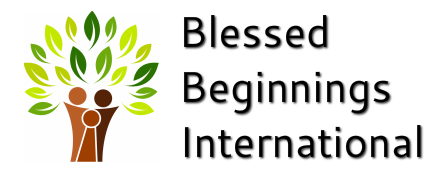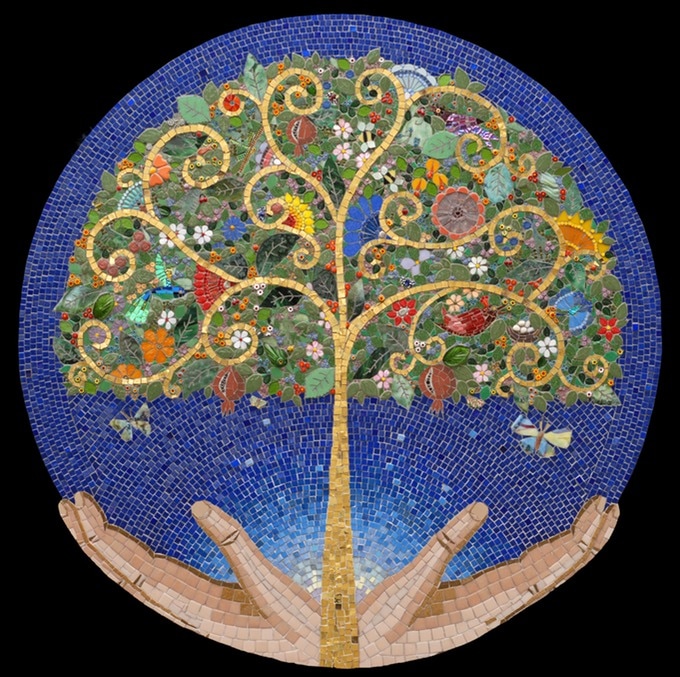|
Four years ago, my family shifted to India because of my husband's work. I moved with two small children and recently had left my job as a nurse at a hospital in America. The more women I met, the more Hindi I learned, the more the questions were the same. How do I have the best pregnancy? How do I have the a normal delivery? How do I breastfeed my baby? Although I am a nurse (Bachelor's of Science), I decided to seek out specialized training in childbirth, lactation and public health. I did not realize at the time I was moving to a country of 27 million births per year and the largest burden of death in infant mortality in the world. Locally, there are many hospitals, nursing homes, clinics, but the experiences around me continue to be the same: birth by C-section followed by a difficult breastfeeding journey. In my little corner of the world, I am the only lactation consultant available for over 700,000 people. I was looking forward to attending a conference that brought people from all corners of the world together to reflect, discuss, present, dream and collaborate.
When I arrived in Mumbai for the Human Rights in Childbirth conference, I was not sure what the event would be like. The first day's theme was attempting to reflect on the voice of the woman. What is mother centered, baby centered, family centered care? What is an informed choice? What would giving the power back to the mother for choices in childbirth and breastfeeding look like? There were many experienced panel members who gave insight to this topic. With the focus being on a multi-specialty approach we heard from doctors, midwives, advocates, nurses, business people and many more. Each day was filled with many voices, many presentations, and much information. The heart of the conference though was addressing the infant and mortality rates in India and providing steps to work together better to see that improve. As the Lancet Series for Maternal Health in Asia was released, we heard why many times in the world maternity care is either "too much too soon" or "too little too late." By the end of the second day, we all felt the tension of, "So now what?" The third day involved many presentations surrounding what do we do next. We heard from many practitioners working in different sectors in India and around the world. Bashi Kumar-Hazard ended our time by reminding us to remember "that many days our work feels like drops in a bucket, but one woman one baby one family matters." She challenged us to remember our work is and will make a difference in the world. Closing together on the last day, we attempted to come up with an action plan moving together. As I sat there in a room of professionals from different sectors and different countries, I was reminded of the privilege it was for four days to live in an ivory tower. I was encouraged to hear from doctors, nurses, midwives and many others working around the world making a difference. As I thought about my work and others work in maternal child health, I was reminded that our work is like a mosaic. Each of us small tile pieces alone, sometimes rough and unpolished but an integral part of the bigger picture. If all our smaller pieces come together, then we can step back and see the beautiful work of art, a mosaic. We need each other. We need doctors. We need lactation consultants. We need nurses. We need midwives. We need people working across many sectors working together for a bigger change. Many people around the world can form a beautiful mosaic for families everywhere.
1 Comment
Leave a Reply. |
Dana Hardy, Founder of Blessed BeginningsI will keep you up to date on the most recent research and evidence based practice. This will be a place to find excellent information and support. Archives
March 2017
Categories |
|
Site powered by Weebly. Managed by Namecheap
Copyright 2016 |


 RSS Feed
RSS Feed